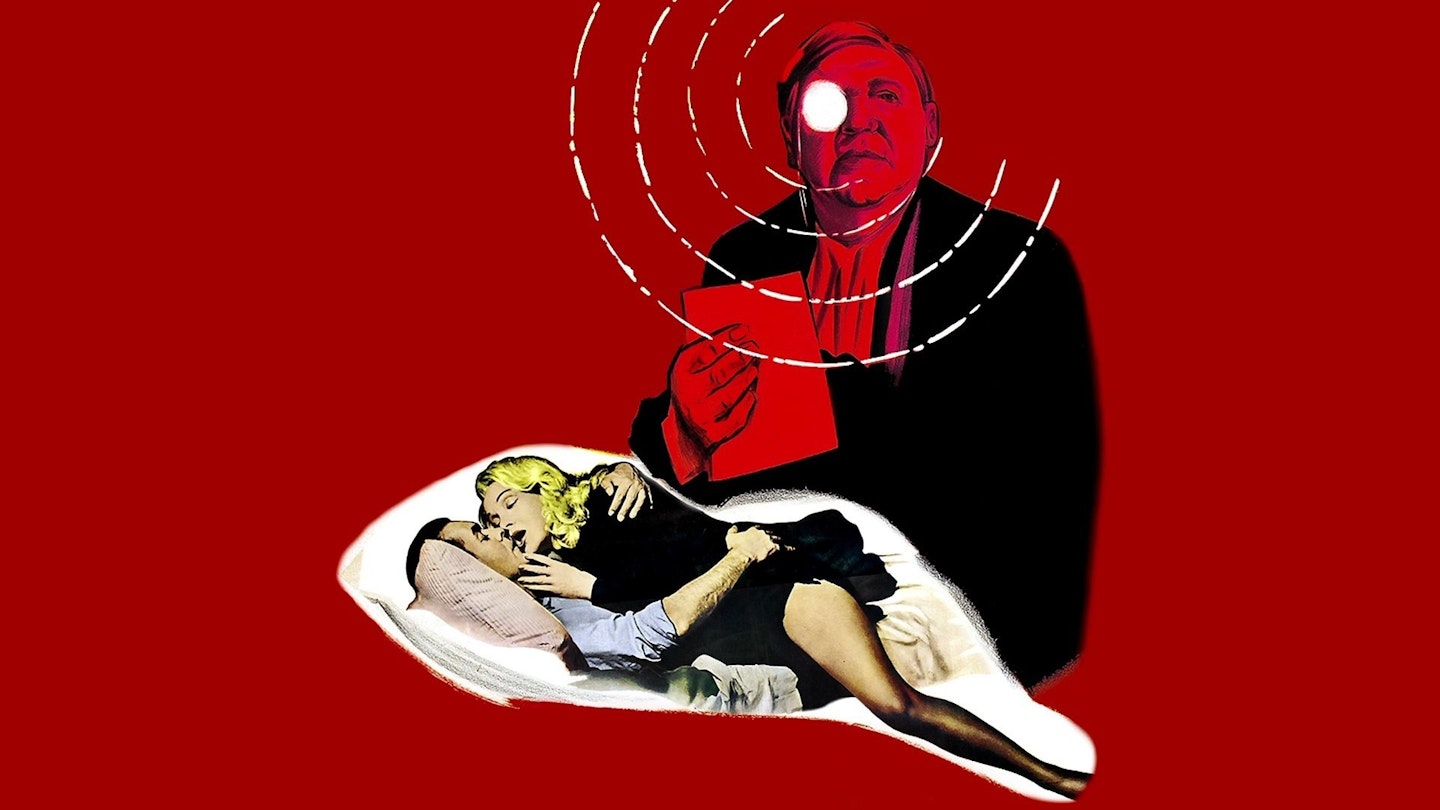Although never as successful as The Mousetrap, Agatha Christie's 1953 play had, nevertheless, tallied 458 performances in London and 644 on Broadway before it was acquired by producer Edward Small. Joshua Logan seems to have been involved in the pre-production, but once Billy Wilder came on board the project changed dramatically.
Working with Harry Kurnitz, who had written whodunits under the pen name Marco Page, Wilder not only added edge to the dialogue, but he also bolstered the characterisation, which was never the Queen of Crime's strong point. In particular, Wilder shifted the emphasis away from Leonard Vole and on to Sir Wilfrid Robarts. This was partly because Charles Laughton was his favourite actor and Wilder had been keen to find a suitable project since their
plans were dashed for a curio about an impoverished English aristocrat who ekes out a living as a wrestler named The Masked Marvel.
But, it also enabled Wilder to attempt a Hitchcock picture without drawing too many obvious parallels with his perennial `wrong man' theme.
However, Hitchcock would never have so rigorously reined in his camera to allow the viewer to concentrate on both the twisting storyline and the performances. Wilder, on the other hand, tended to frame Laughton in isolation, especially within the courtroom, so that he could exploit such telling pieces of business as a trick with a monocle, which was just one of Wilder's interpolations to the screenplay.
Another was the character of Miss Plimsoll, the morbidly upbeat nurse whose insistence on getting Sir Wilfrid through the case mirrors his own determination to ascertain the truth. Doubtless drawing on their off-screen relationship, Laughton's wife, Elsa Lanchester, played the role to perfection and the pair thoroughly merited their Oscar nominations.
Tyrone Power (in what turned out to be his last completed assignment) and Marlene Dietrich are no less effective, however, with the latter defying her 55 years to recapture the femme fatalistic allure of her 1930s outings with another Viennese director, Josef Von Sternberg.

